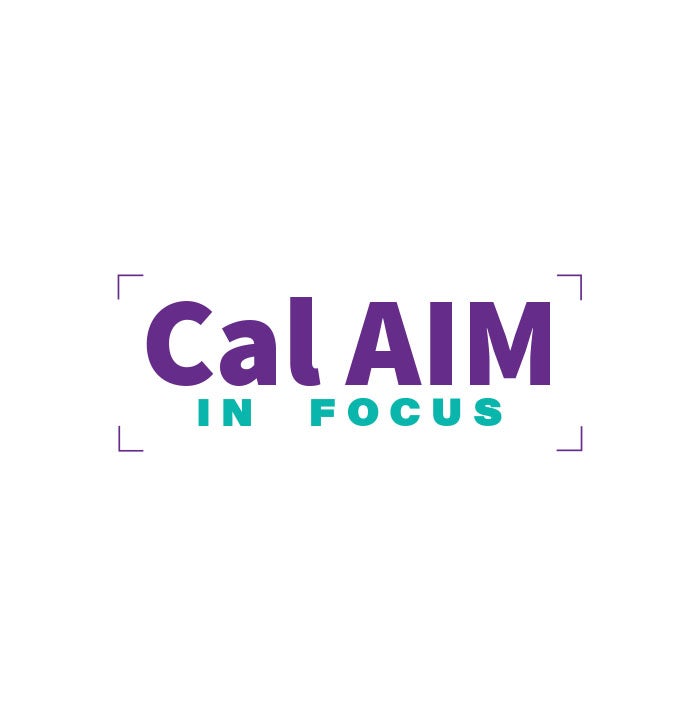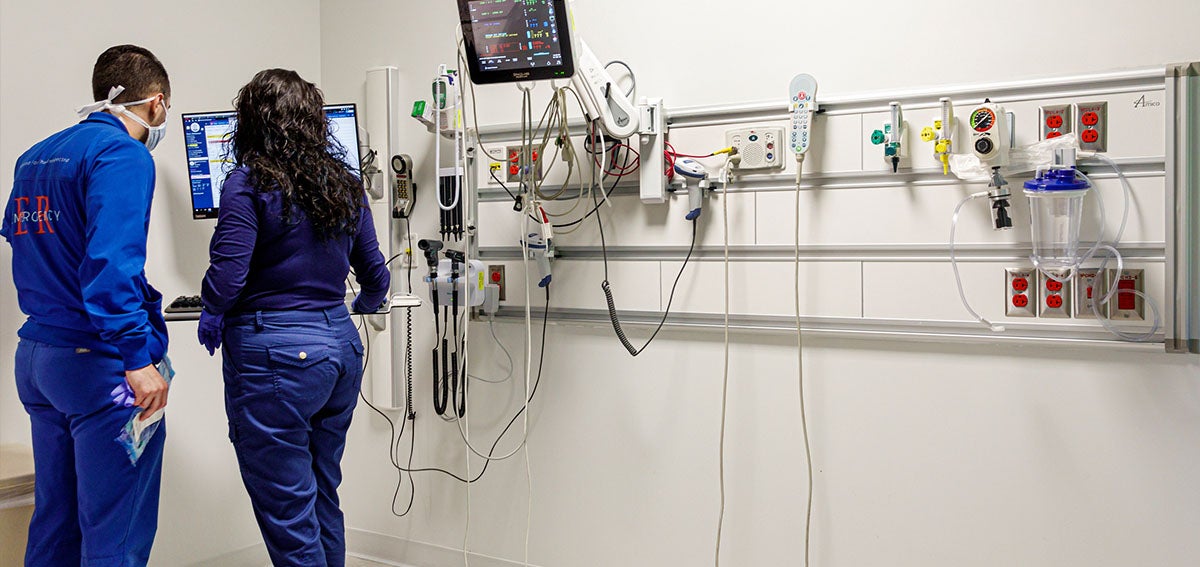The cross-sector collaboration at the heart of CalAIM will be possible only if different parts of the system — managed care plans, physical and behavioral health care providers, county agencies, and social service providers — can both aggregate data and share information in real time about patients or clients they have in common. For example, CalAIM’s Population Health Management program will require reliable and effective exchange of health data to stratify the different needs of Medi-Cal and to do the proactive, person-centered outreach that is the key to preventive care. Enhanced Care Managers will similarly rely on effective data exchange to coordinate care and services for people with complex needs. The success of both local and state data sharing initiatives are critical in enabling whole-person care.
Related Resources

Behind the Headline
‘I’m Really Scared’: Elderly and Disabled Californians With More Than $2,000 Could Lose Medi-Cal
Health advocates say the proposal to reinstate the Medi-Cal asset limit would keep people in poverty while Governor Gavin Newsom says it’s essential to cut rising costs.
Medi-Cal

Californians Receiving In-Home Care Fear Medicaid Cuts Will End Their Independent Living
Medi-Cal, Older Adults













